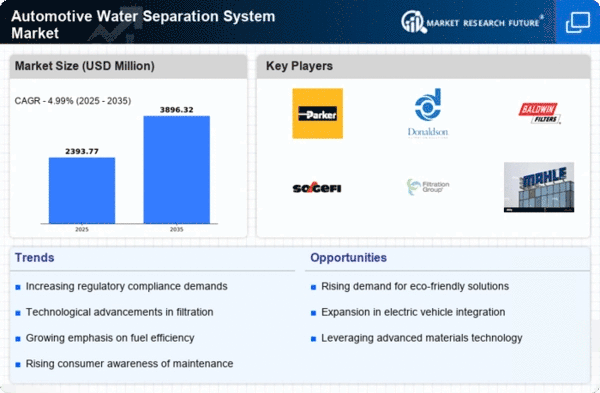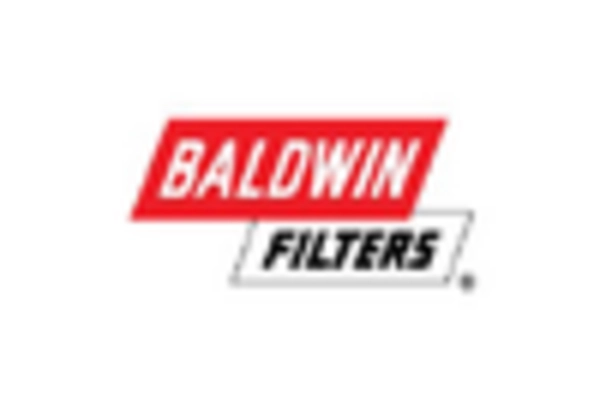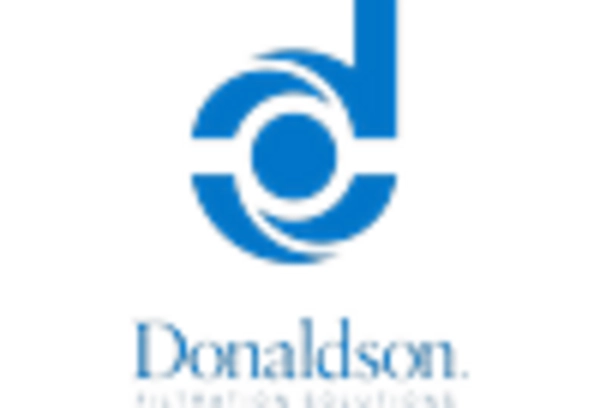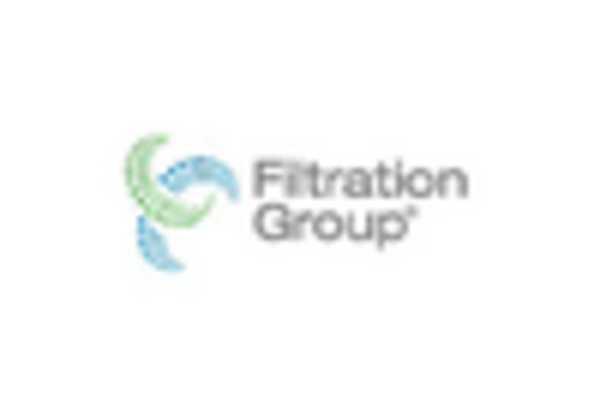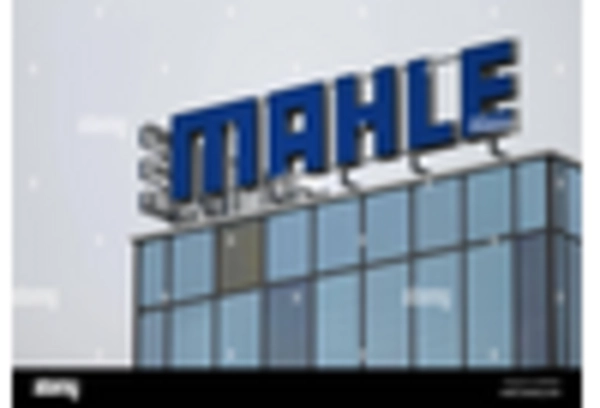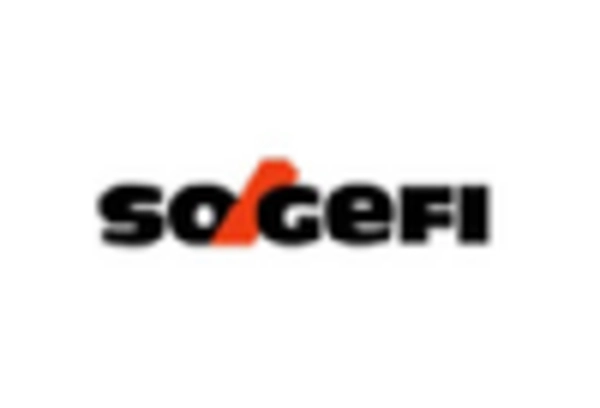Market Growth Projections
The Global Automotive Water Separation System Market Industry is poised for substantial growth, with projections indicating a market size of 2.28 USD Billion in 2024 and an anticipated increase to 3.9 USD Billion by 2035. This growth is underpinned by a compound annual growth rate (CAGR) of 4.99% from 2025 to 2035. Such figures suggest a robust demand for water separation systems as automotive manufacturers increasingly recognize their importance in enhancing fuel quality and compliance with environmental regulations. The market dynamics reflect a convergence of technological advancements, regulatory pressures, and consumer preferences, all contributing to a favorable outlook for the industry.
Focus on Sustainable Practices
The Global Automotive Water Separation System Market Industry is increasingly aligned with the global focus on sustainable practices. As consumers and governments prioritize environmental responsibility, automotive manufacturers are compelled to adopt technologies that minimize environmental impact. Water separation systems contribute to sustainability by ensuring cleaner fuel usage and reducing emissions. This alignment with sustainability goals is driving investment in water separation technologies, as companies seek to enhance their green credentials. The market's growth trajectory is expected to reflect this shift, with a projected increase to 3.9 USD Billion by 2035, indicating a strong correlation between sustainability initiatives and market expansion.
Rising Demand for Fuel Efficiency
The Global Automotive Water Separation System Market Industry is experiencing a notable increase in demand for fuel-efficient vehicles. As automotive manufacturers strive to meet stringent emissions regulations and consumer preferences for sustainability, the integration of advanced water separation systems becomes essential. These systems enhance fuel quality by removing water and impurities, thereby improving combustion efficiency. In 2024, the market is projected to reach 2.28 USD Billion, reflecting the industry's commitment to innovation in fuel management technologies. This trend is expected to continue, with the market anticipated to grow significantly as more manufacturers adopt these systems to comply with environmental standards.
Increasing Stringency of Emission Regulations
The Global Automotive Water Separation System Market Industry is significantly influenced by the increasing stringency of emission regulations worldwide. Governments are implementing stricter standards to reduce greenhouse gas emissions and improve air quality, compelling automotive manufacturers to adopt advanced technologies. Water separation systems are integral to achieving compliance, as they ensure that fuels are free from contaminants that could lead to increased emissions. As a result, the market is expected to expand, with projections indicating a growth to 3.9 USD Billion by 2035. This regulatory pressure is likely to drive innovation and investment in water separation technologies across the automotive sector.
Technological Advancements in Water Separation
Technological advancements play a crucial role in shaping the Global Automotive Water Separation System Market Industry. Innovations in filtration and separation technologies are enhancing the efficiency and effectiveness of water separation systems. For instance, the development of advanced membrane technologies and centrifugal separators is enabling more efficient removal of water from fuels. These advancements not only improve the reliability of automotive systems but also contribute to overall vehicle performance. As the industry moves towards more sophisticated solutions, the market is projected to grow at a CAGR of 4.99% from 2025 to 2035, indicating a robust future for these technologies.
Growth of the Automotive Sector in Emerging Markets
The Global Automotive Water Separation System Market Industry is benefiting from the growth of the automotive sector in emerging markets. Countries such as India and Brazil are witnessing a surge in vehicle production and sales, driven by rising disposable incomes and urbanization. As these markets expand, the demand for efficient fuel management systems, including water separation technologies, is increasing. Manufacturers are recognizing the need to adapt to local conditions, which often include variable fuel quality. This trend is expected to bolster the market, as the industry aligns its offerings with the specific needs of emerging economies, further enhancing the global footprint of water separation systems.


